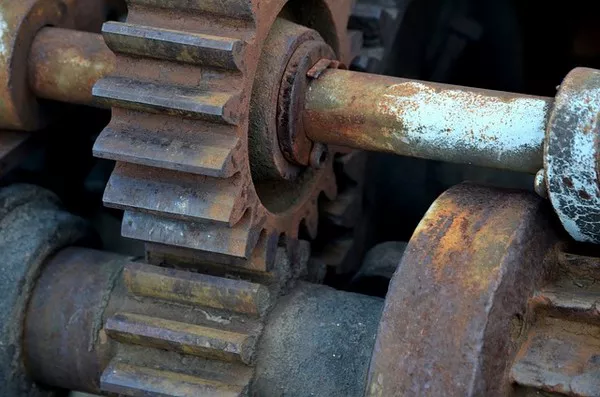In a scathing report released on Friday, two prominent environmental groups, Break Free From Plastic and the Global Alliance for Incinerator Alternatives, have denounced plastic credits as a flawed tool incapable of mitigating worldwide pollution caused by plastic materials.
The report, issued during United Nations-led negotiations in Nairobi aimed at a treaty to reduce plastic pollution, scrutinizes key advocates of plastic offsetting, including the accreditor Verra and the Plastic Credit Exchange marketplace. Break Free From Plastic analyzed Verra’s publicly available databases, while the non-profit investigative journalism organization SourceMaterial provided an analysis of the Plastic Credit Exchange marketplace.
The groups identified “serious flaws” in the areas of financing, transparency, and basic auditing, asserting that credits issued for incinerated plastic in cement kilns merely replace one form of pollution with another. Verra, a leading certifier of carbon offsets, defended plastic credits at the talks, emphasizing their potential to mobilize funds crucial for addressing plastic pollution.
The Plastic Credit Exchange responded to the report, stating that verified plastic credits can support the collection, transportation, and processing of the staggering 8 billion tons of legacy plastic pollution. PCX CEO Sebastian DiGrande dismissed the report as containing “widespread and significant inaccuracies and misrepresentations.”
What Are Plastic Credits?
Plastic credits, often referred to as offsets, function similarly to carbon credits used by fossil fuel companies to offset greenhouse gas emissions. Companies or individuals purchase credits equivalent to a specified weight of plastic to be collected globally, justifying their plastic production or usage.
Nina Kelsey, associate professor of public policy and international affairs at George Washington University, explained that some companies opt to pay for plastic removal instead of reducing production, making plastic credits a controversial yet prevalent practice.
What Does the Report Say?
The report revealed that Verra has only one project actively issuing credits, and most projects on PCX’s database generate credits from incinerating waste rather than recycling. Break Free From Plastic argued that companies often mistakenly believe they are contributing to environmental betterment when, in reality, they are transforming plastic pollution into toxic air pollution.
The environmental groups raised concerns about the legitimacy of Verra’s plastic credit program, questioning whether the funds genuinely contribute to waste collection and recycling efforts.
What Do Plastic Credits Proponents Say?
Verra contends that plastic credits offer several benefits, including supporting the creation of sound waste collection and recycling infrastructure while providing income for those involved in informal waste collection. PCX emphasizes its mission to accelerate the transition to a circular economy, rejecting claims that burning plastic is its primary solution.
What Do Opponents Say?
Environmentalists argue that crediting companies for burning plastic in incinerators and cement kilns encourages harmful burning practices, contributing to increased toxic chemicals in the environment. Critics, including Neil Tangri from GAIA, see plastic credits as a strategy for single-use plastic-reliant companies to avoid changing their business models.
Are Plastic Credits in the Pollution Treaty?
Although not included in the current draft text, negotiators are discussing the possibility of incorporating plastic credits into the first international, legally binding treaty on plastic pollution. The ongoing negotiations in Nairobi mark the third meeting in a compressed schedule aimed at completing the treaty by the end of the following year, with representatives from nations, petrochemical companies, environmentalists, and other stakeholders participating in the talks.

